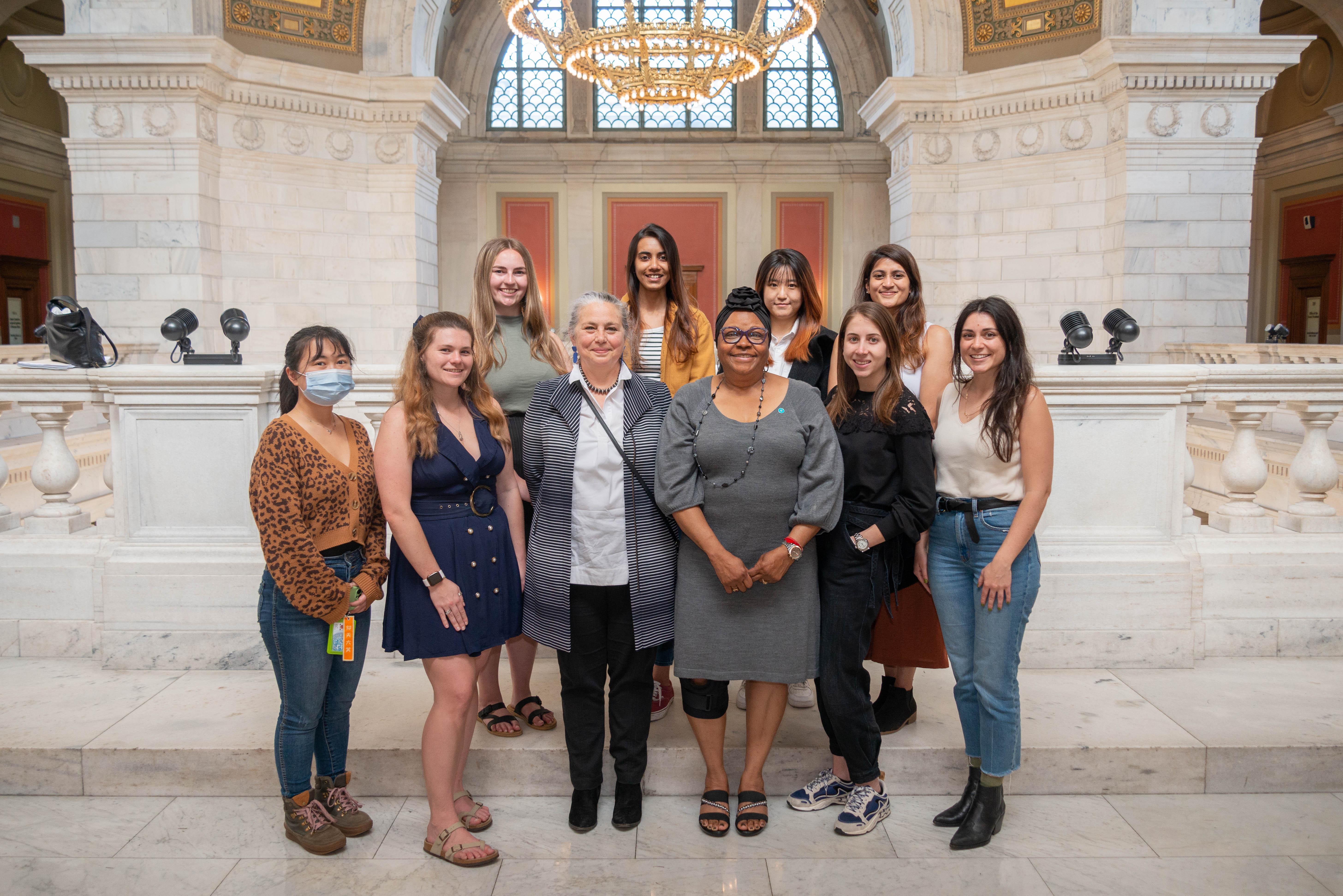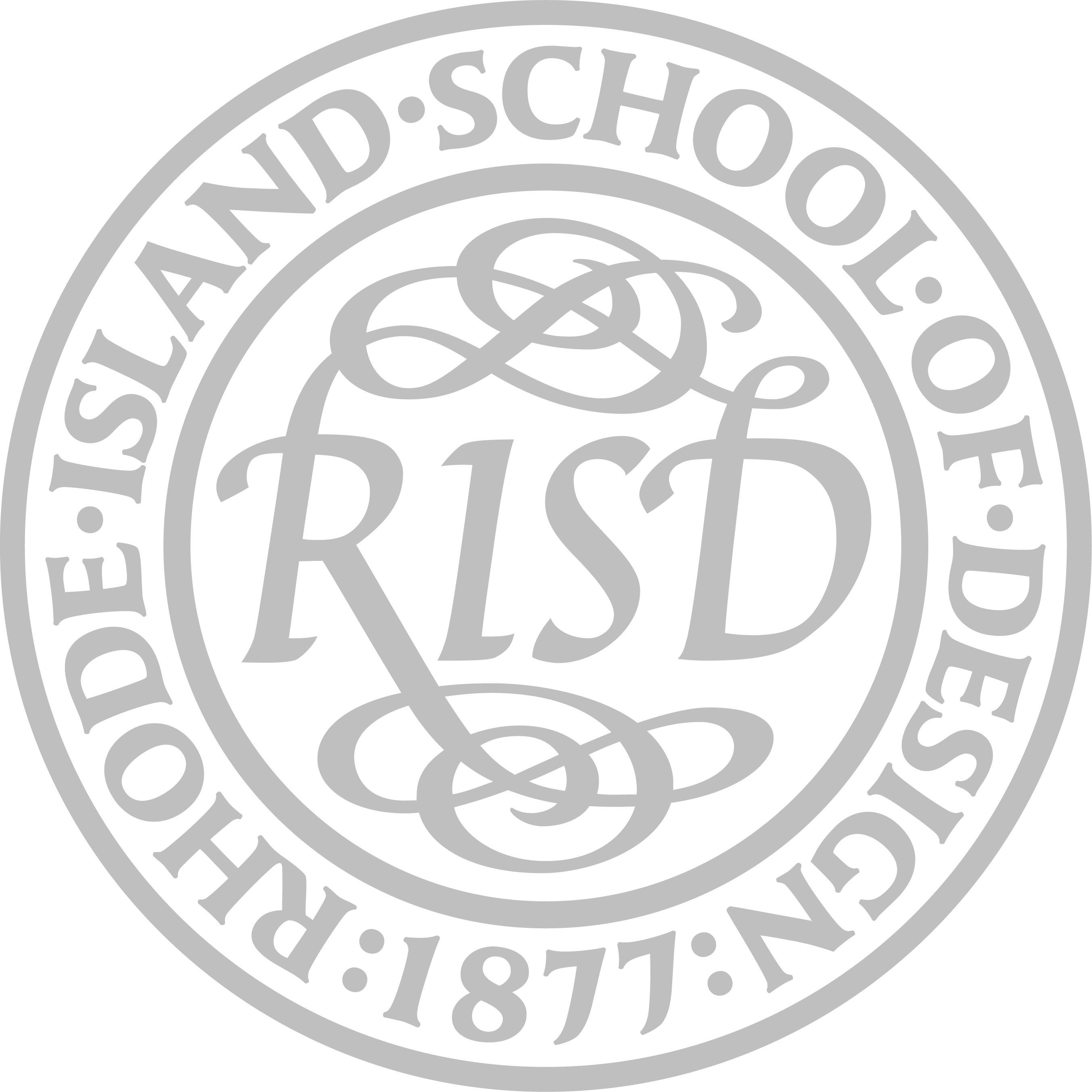
Project Brief
How can a building designed in the tradition of the Ecole de Beaux-Arts, respond to changing political landscapes, to the volatility of democracy, the potential for violent protest, the demands of universal design, and most importantly social equity and inclusion?
The Rhode Island State House, designed by McKim, Mead and White architects and completed in 1901, is an architectural and cultural icon for the state and the nation, that is tasked with supporting the needs of contemporary governance for a people and time very different from that in which it was created.
The Rhode Island State House Restoration Society is dedicated to both highlighting the extraordinary structure, grounds, and history, and also to deeply consider possible futures as it develops a thirty-year visioning process for the Capitol. RISD’s Department of Interior Architecture (INTAR), with its focus on adaptive reuse, was invited to collaborate with the Rhode Island State House Restoration Society as they explore potential new opportunities and re-envision this significant landmark.
“Having seen the imaginative approaches and conclusions coming from an earlier endeavor examining possibilities for the long dormant Industrial National Bank Building ( “Superman” building), I felt there could be great synergy between an INTAR class and the possibilities being discussed for the future of Rhode Island’s iconic and magnificent McKim Mead and White State House. Collaborating on information, ideas, and realities between the multiple entities involved in this critcally important and complex undertaking will prove beneficial in countless ways across multiple parts of government and the public for many decades to come”.
Sally Strachan, Chair Rhode Island State House Restoration Society
This collaborative project marks the final semester of the class of 2022 MA in Adaptive Reuse Program. A one-year post professional degree for architects, the program culminates in the Adaptive Reuse Studio that is both a design studio and a full-scale demonstration of adaptive reuse practice in a real-life context.
Program Brief
Graduates of the Master of Arts in Adaptive Reuse (MA) program are prepared to engage in the practice and implementation of adaptive reuse in the built environment through:
- the demonstration of an appropriate aesthetic, theoretical and technological framework
- expand upon the architect's understanding of reuse as a product of practice and in the context of architectural history and theory
- develop strategies for acknowledging the importance of social and environmental responsibility through design projects
- view and evaluate adaptive reuse through a multifaceted lens
- recognize the origins of adaptive reuse as well as the contemporary context governing current practice
- use qualitative and quantitative methods to evaluate the economic and environmental merits of adaptive reuse
- become ambassadors of adaptive reuse as a specialty in the professional design setting

